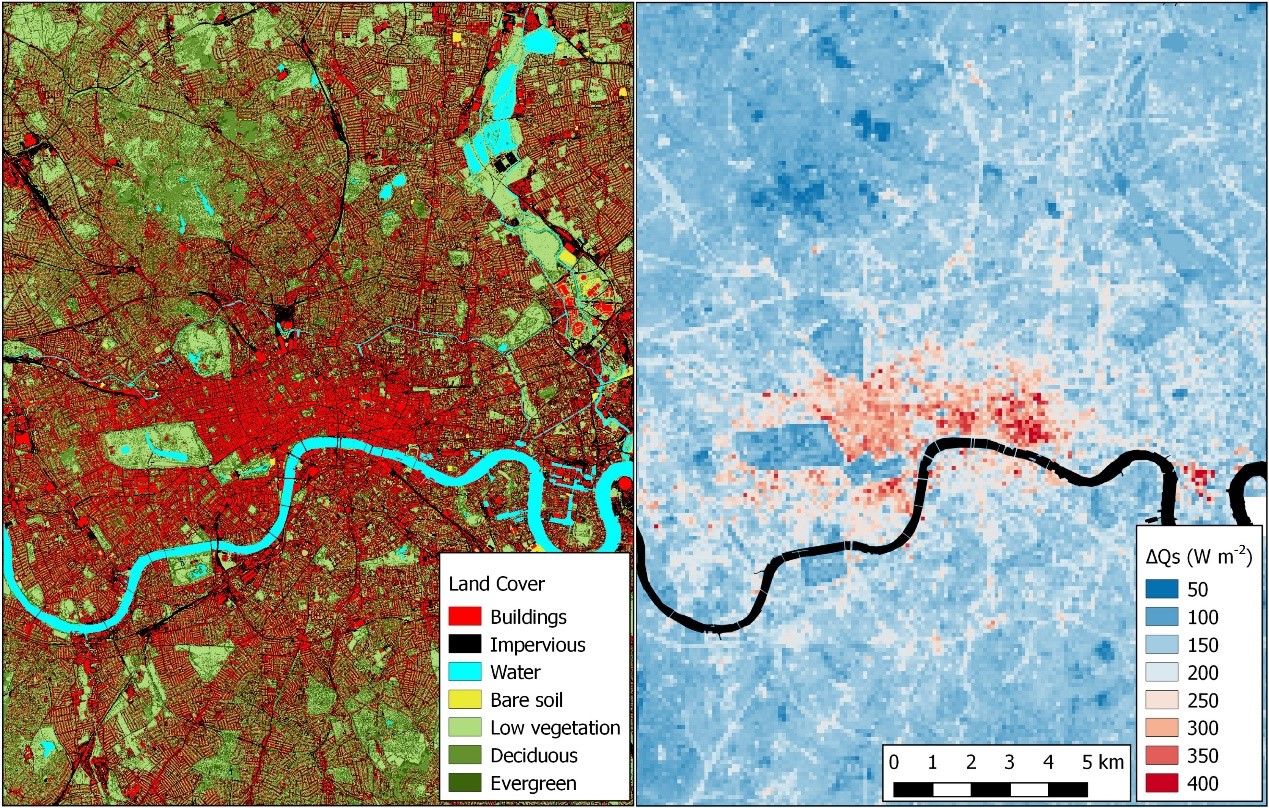 Institute of Applied and Computational Mathematics
IACM is one of the few research institutes in Europe dedicated to promoting the use of advanced mathematics in natural sciences and engineering
Institute of Applied and Computational Mathematics
IACM is one of the few research institutes in Europe dedicated to promoting the use of advanced mathematics in natural sciences and engineering
Remote Sensing Laboratory
Remote Sensing is a non-invasive, non-destructive method of obtaining information, and it can be used for monitoring changes in the Earth’s climate and for the study of environmental phenomena and problems, because it offers a unique perspective of the Earth, its resources and human impact upon it.
In IACM-FORTH operates a Remote Sensing Laboratory (http://rslab.gr/) that concentrates in the field of Earth Observation and exploits the advances in applied and computational mathematics (i.e. inversion methods for extracting geophysical parameters or geometric features from satellite images; geometric models used in photogrammetry, advanced classification algorithms, etc.) and supports GIS-based spatial analysis and modelling by providing distributions of bio-geo-physical parameters.
The activities of the Lab focus on both urban and natural environments. Concerning urban environment, the main focus is on urban climate and on urban planning, with emphasis on climate change mitigation and adaptation activities. More specifically, areas of research include the estimation of energy, water and carbon exchanges between the surface and the atmosphere. Concerning natural environment, the Lab activities focus on environmental monitoring and development of methods for exploiting Earth Observation in improving future ecosystem benefits, ecosystems services, as well as in supporting risk management in cases of natural hazards.
The Laboratory is involved and coordinates European projects funded by H2020, FP7 and ERA.Net, as well as National funded projects. Beyond research activities, the Lab also exploits the research results towards the development of EO-based services.
Research Director,
Head of the Remote Sensing Laboratory

CONTACT US
Remote Sensing Lab
Institute of Applied and Computational Mathematics
Foundation for Research and Technology - Hellas
Nikolaou Plastira 100, Vassilika Vouton,
GR 700 13 Heraklion, Crete
GREECE
Tel: +30 2810 391800
E-mail: This email address is being protected from spambots. You need JavaScript enabled to view it. (Mrs. Maria Papadaki)
Tel.: +30 2810 391805
E-mail: This email address is being protected from spambots. You need JavaScript enabled to view it. (Mrs. Yiota Rigopoulou)